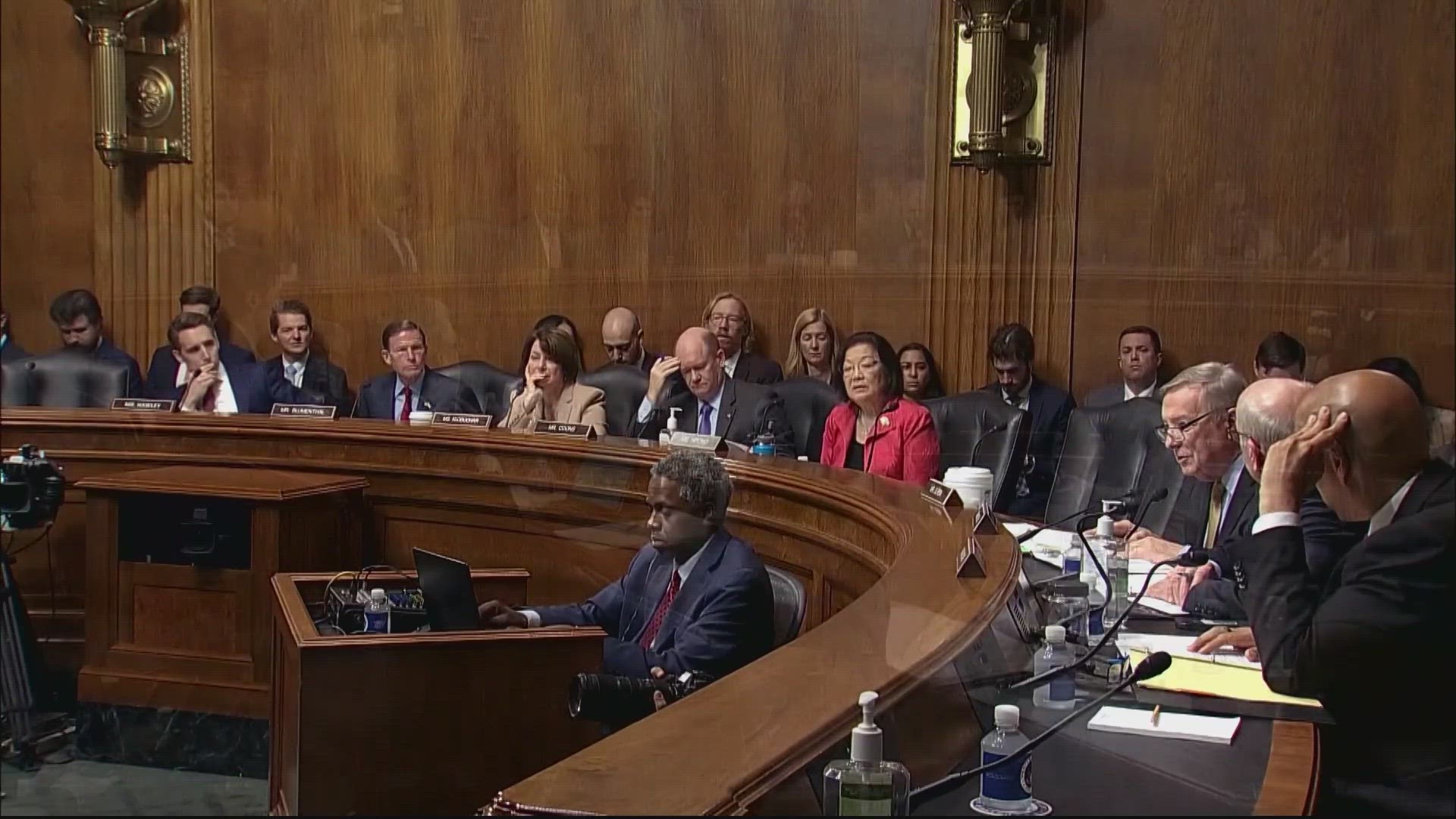WASHINGTON — One of the primary negotiators for House Republicans said Friday an impasse has been reached in talks with the White House about a bill to raise the debt ceiling and reduce spending.
Without a deal in the next couple weeks that can pass both the House of Representatives and the Senate, Treasury Secretary Janet Yellen has said the United States would not be able to pay its bills.
With that possibility in the air, lots of Twitter users have asked if members of Congress will still receive paychecks, should the U.S. default on its debt.
THE QUESTION
Would members of Congress still get paid if they do not raise the debt ceiling?
THE SOURCES
THE ANSWER
Members of Congress might still get paid even if the U.S. cannot pay its other bills, but this scenario has never happened before and there is no defined framework for how the federal government would operate after defaulting because of a failure to raise the debt ceiling.
WHAT WE FOUND
While negotiations over the debt ceiling have gone down to the last minute in the past, the United States has never defaulted on its debt because of a failure to raise the limit.
The Legislative Reorganization Act of 1946 explains how members of Congress should get paid and how much. It says nothing about withholding their salaries if the U.S. defaults. Additionally, the National Constitution Center says Article I, Section 6 of the U.S. Constitution states that lawmakers, “shall receive a Compensation for their Services, to be ascertained by Law, and paid out of the Treasury of the United States,” and contains no exceptions.
Should the government be unable to cover all of its debts, some revenue would still come in, allowing the U.S. to pay some, if not all, of its bills.
The issue of possibly prioritizing some payments while postponing others in the event of a default has come up before. During testimony to the Senate Finance Committee in 2013, then-Treasury Secretary Jack Lew was asked about whether the Treasury could handle such a process, and he said it would cause "chaos."
"The United States should not be put in a position of making such perilous choices for our economy and our citizens. There is no way of knowing the irrevocable damage such an approach would have on our economy and financial markets," he added.
If the U.S. defaults, experts have suggested the result would be catastrophic for the economy.
While the law does not account for how payments would be made or prioritized, Rep. Abigail Spanberger (D-Virginia) and Rep. Brian Fitzpatrick (R-Pennsylvania) introduced a bill May 18th to provide more clarity.
Their bill, called the “No Pay for Congress During Default or Shutdown Act,” says that if the government cannot pay its bills, lawmakers should not get paid either. It would cover periods of debt default as well as government shutdowns.
The 27th Amendment of the U.S. Constitution says Congress cannot change its members' salaries during their current term. They may only adjust salaries for future terms. If the U.S. defaults during the current term of Congress, the “No Pay for Congress During Default or Shutdown Act” would have any money taken away from members be returned to them at the end of the term.

